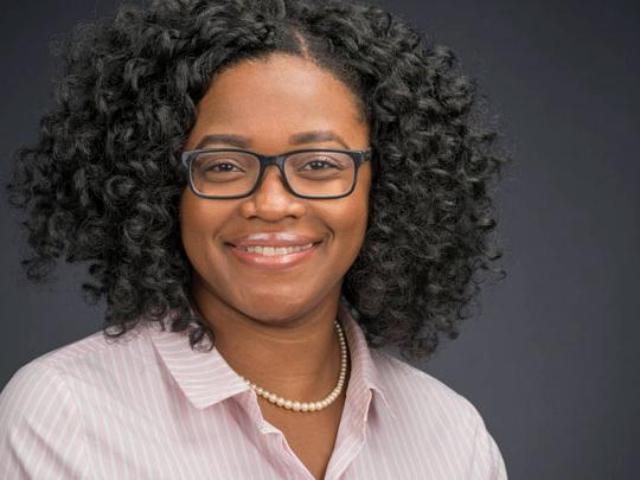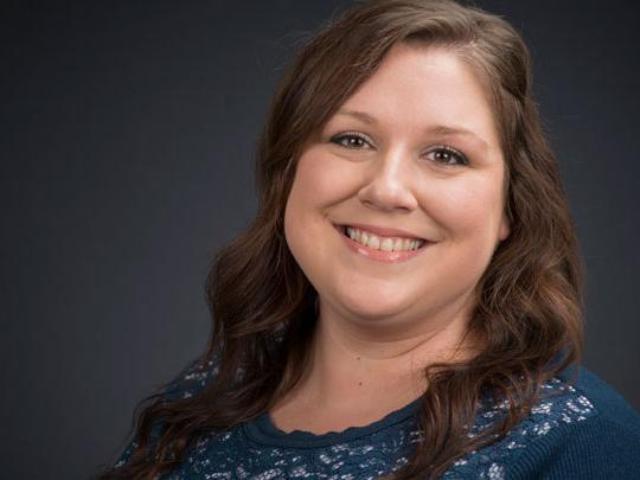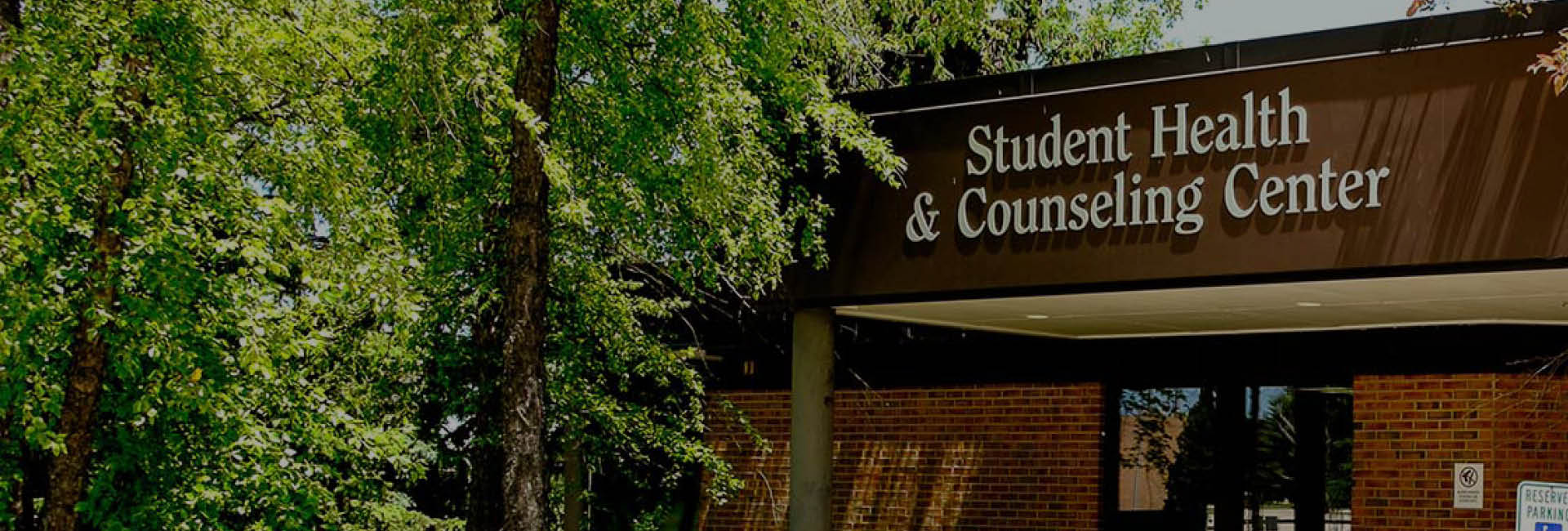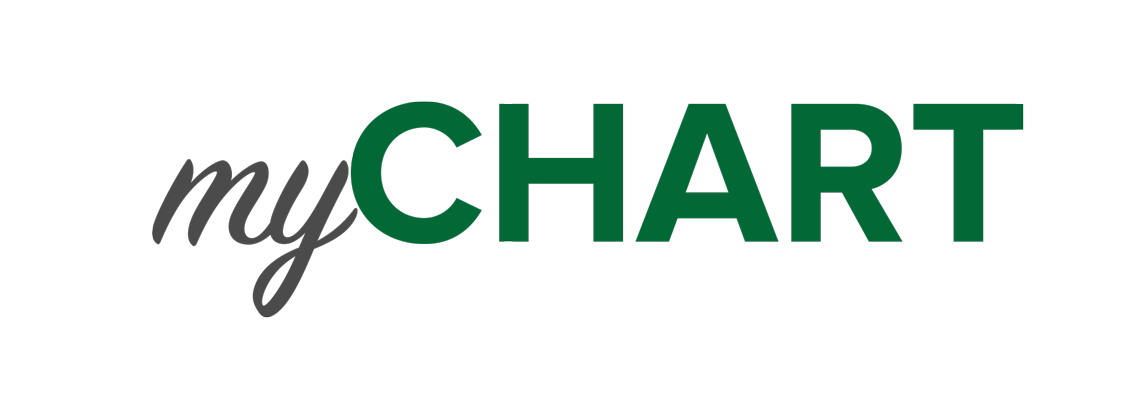Student Health and Counseling Center
Our mission is to provide high quality care for the physical, emotional, and mental health needs of students. All currently registered students, both undergraduate and graduate, commuters and campus residents, who pay student fees, are eligible to use the services of the Student Health & Counseling Center (SHCC).
We're available for you.
HEALTH SERVICES provides a variety of health related services to students. Call 262-595-2366 to make an appointment.
COUNSELING SERVICES are offered in-person or via telehealth. Please call the SHCC at 262-595-2366 to schedule a virtual or in-person appointment or sign-up directly with Mantra Health.
CRISIS CONSULTATIONS For mental health crises during regular hours, call for a crisis consultation: 262-595-2366, For after-hours crisis resources, call UW Mental Health Crisis Resources: 888-531-2142 or visit a list of after-hours options.
STUDENT ACCESSIBILITY SERVICES offers phone, in-person and virtual appointments for students applying for accommodations.
THE CARE HUB
by

UW Parkside is excited to announce a partnership with the Care Hub by Mantra Health to increase the availability of counseling resources to our students. The Care Hub counselors provide free short-term psychotherapy to enrolled students for whom telecounseling is appropriate. Clinicians will be making case-by-case determinations about the appropriateness of telecounseling during the initial appointment.
Students may self-refer for therapy services by clicking here. Students will need to be referred by a clinician for telepsychiatry. If you have any questions at all or have trouble logging in, you can always reach out to the Care Hub by Mantra Health at hi@mantrahealth.com or call them at 800-464-2083.
The partnership also provides Crisis resources through UW Mental Health Support 24/7 @ 888-531-2142
Self-refer for therapy services Learn more
Login to MyCHART | View your medical appointments, reserve Zen Den time at the Health and Counseling Center, see your health history, get test results, and renew prescriptions online - any time! For counseling appointments, call (262) 595-2366.
Clients who do not cancel their appointment by 8 am the day of the appointment, or do not show up to their appointment, are charged a late cancellation/no show fee of $20 billed to your Solar account.
Not intended for messages requiring urgent attention. In the event of an emergency, dial 2911 on campus and 911 off campus.
Meet the Staff
-

Dr. Shewanna Brown Johnson
Senior Nurse Practitioner -

Ashley Charney
Counselor
Student Accessibility Services Specialist -
Dr. Renee Sartin Kirby
Director
Student Health, Counseling and Student Accessibility Services -
Contact Us
262-595-2366
Fax: 262-595-2138
shcc@uwp.edu
Location
East of Tallent Hall
Convenient parking
View campus map
Office Hours
- SUNClosed
- MON8 AM-4:30 PM
- TUE8 AM-4:30 PM
- WED8 AM-4:30 PM
- THU8 AM-4:30 PM
- FRI8 AM-4:30 PM
- SATClosed
* Please note that email, phone and fax lines are not monitored on the weekends.*

